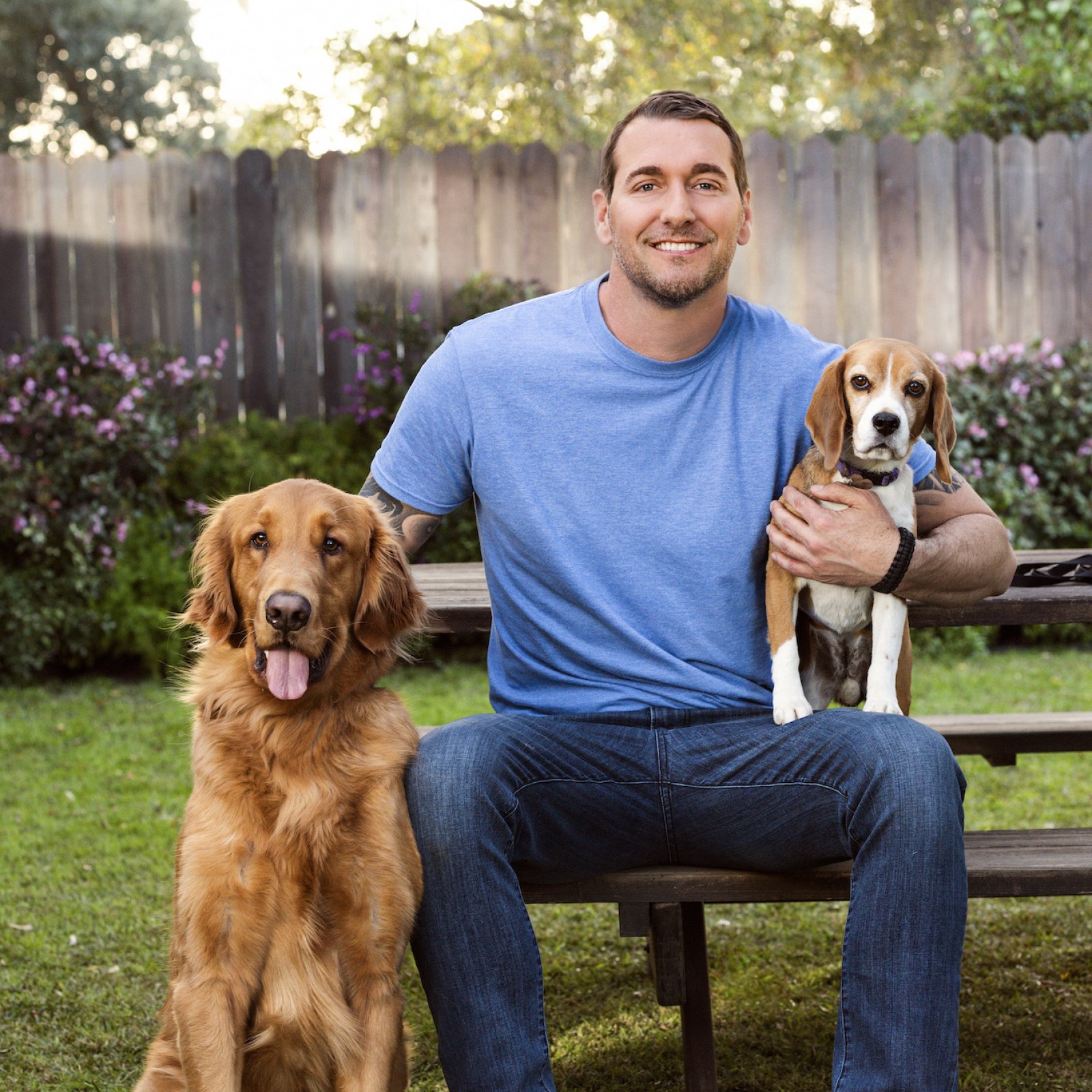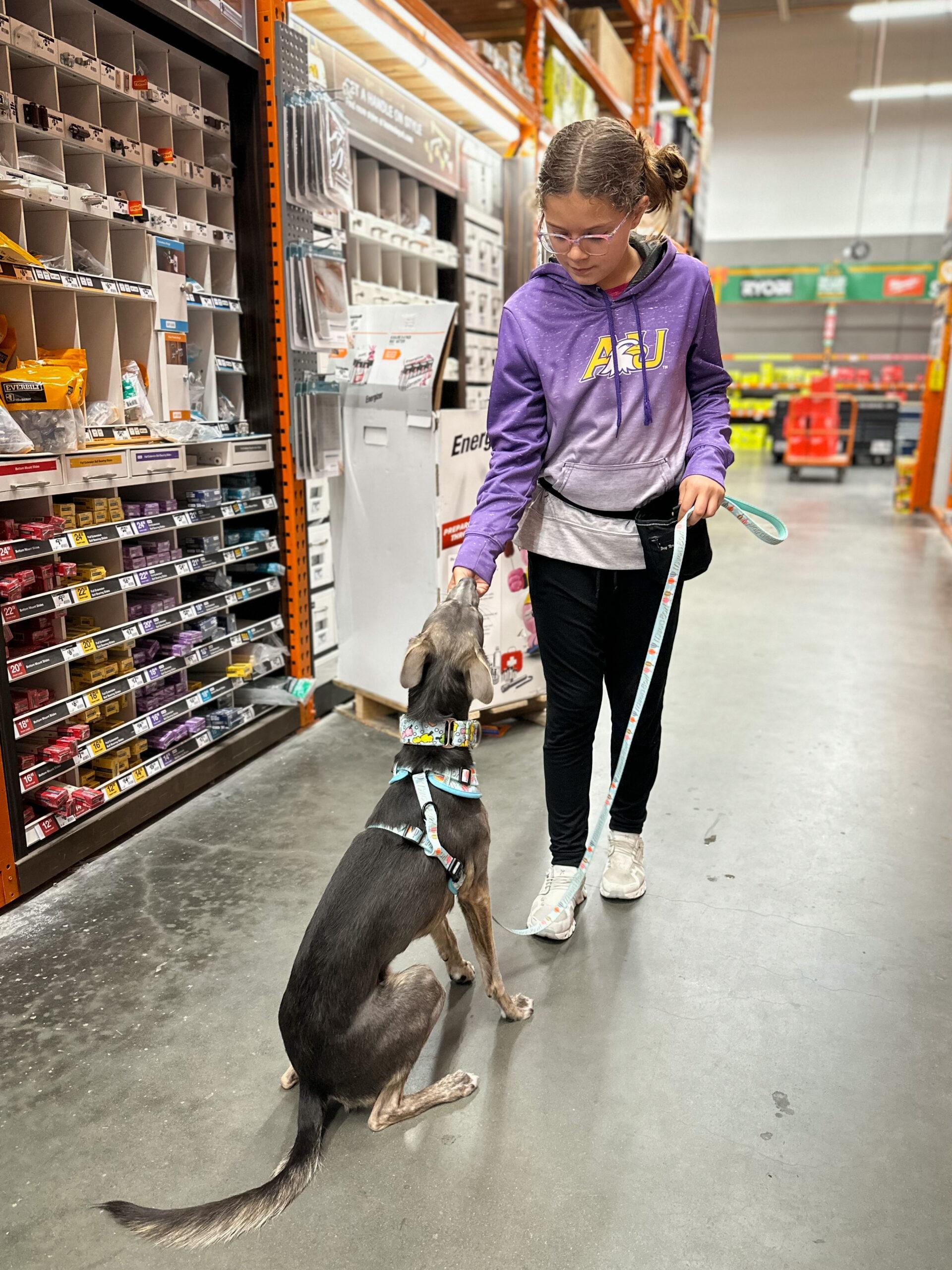How to Include Games into Your Dog Training Regimen
How to Include Games into Your Dog Training Regimen
Blog Article
Vital Tips for Successful Dog Training: A Guide for Animal Owners
Reliable canine training is a multifaceted procedure that requires a tactical technique tailored to both the family pet's personality and the proprietor's objectives. Understanding just how to navigate these obstacles can considerably enhance the training experience, ultimately changing the connection in between proprietor and canine.
Recognizing Dog Habits
Recognizing pet dog behavior is vital for reliable training and promoting an unified partnership in between pooches and their proprietors. Pet dogs connect primarily with body movement, vocalizations, and actions, making it crucial for owners to analyze these signals accurately. Acknowledging a pet dog's pose, tail position, and ear orientation can supply insights into its emotion. A wagging tail does not constantly suggest joy; it can also signify enjoyment or stress and anxiety.

Socializing plays a substantial duty in pet dog actions; direct exposure to various atmospheres, individuals, and various other animals can dramatically affect a pet dog's character. Factors such as type features and private personality ought to lead training methods, as some breeds may have details behavioral attributes that necessitate tailored approaches. By recognizing these elements, owners can produce a supportive setting that encourages favorable actions, resulting in effective training end results and a deeper bond with their pets.
Establishing Consistent Commands
Reliable interaction with your dog starts with establishing regular commands. This fundamental aspect of training is crucial for cultivating understanding in between you and your pet dog. Uniformity in the commands you make use of makes certain that your pet dog can accurately associate details words or expressions with the preferred behaviors.
When picking commands, select clear, distinctive words that are easy to distinguish and claim from one an additional. Prevent making use of similar-sounding commands that might puzzle your pet. Utilizing "rest" and "stay" is appropriate, but "sit" and "hit" could lead to misconceptions.
In addition, maintain the very same tone and quantity for every command. Pets are sensitive to vocal signs, so varying your tone can create confusion.
It is just as essential to ensure that all member of the family are on the very same web page regarding the commands used. A united front in command usage will stop combined signals and reinforce the understanding procedure.
Favorable Support Techniques
The power of positive reinforcement in pet dog training depends on its capacity to encourage wanted habits through rewards and praise. This technique is based in the concept that actions complied with by favorable end results are much more likely to be duplicated. By incorporating positive support into your training regimen, you can properly shape your pet dog's habits in a constructive fashion.
To implement favorable support, it's vital to recognize what encourages your pet, whether it be deals with, playthings, or spoken appreciation. When your pet dog performs a desired activity, such as remaining on command, immediately award them with a reward or love. This organization between the command and the positive result enhances their understanding.
It's crucial to timing the rewards appropriately; providing the support within secs of the wanted behavior assists your pet make the link (dog training). Additionally, consistency is crucial-- make certain that all household participants make use of the exact same commands and incentive systems to stay clear of confusion

Gradually, you can decrease the regularity of treats as your pet finds out the actions, transitioning to praise or periodic benefits. This approach not just promotes a strong bond between you look here and your dog however likewise advertises a positive understanding setting, making training a delightful experience for both.
Socialization and Interaction
Consistently exposing your canine to a variety of environments, individuals, and other pets is vital for their social advancement. Socialization should begin early, preferably throughout the important home window of 3 to 14 weeks, when pups are most receptive to brand-new experiences. Older pet dogs can likewise profit from recurring socializing initiatives.
Present your canine to different setups, such as parks, pet-friendly stores, and city areas. This exposure aids them adapt to numerous stimulations, reducing anxiety and fear feedbacks. Motivate positive interactions with various other dogs and individuals, making sure that these experiences are regulated and secure to cultivate self-confidence.
Make use of organized playdates with courteous canines, as this site can enhance your pet's social skills and educate them appropriate habits. Obedience classes and training sessions also provide excellent possibilities for socializing, permitting your pet to engage with others in a supervised environment.
Monitor your pet dog's body language throughout communications, as this will certainly help you determine their convenience degree. Slowly increase exposure to even more difficult circumstances while ensuring that each experience declares. A well-socialized pet is a lot more most likely to display well balanced behavior, making them a delight to have in any type of setting.
Attending To Usual Training Obstacles
Every dog proprietor will certainly encounter training challenges at some point, regardless of their pet dog's age or socialization degree. Recognizing usual concerns such as stubbornness, disturbances, and fearfulness can assist in creating effective methods for enhancement.

Progressively present diversions as the pet dog becomes extra skillful in commands. Short, regular training sessions are likewise reliable in preserving attention.
Terror can impede a dog's knowing procedure. Progressive desensitization to the resource of fear, coupled with favorable support, can aid alleviate stress and anxiety. Persistence is essential; never compel a canine into a top article circumstance that triggers distress, as this might exacerbate the concern.
Ultimately, understanding and resolving these usual difficulties with a structured method will cultivate an extra effective training experience, enhancing the bond between canine and owner while advertising reliable knowing.
Verdict
In recap, effective dog training relies on a comprehensive understanding of canine habits, the establishment of regular commands, and the application of positive reinforcement methods. Socialization plays a critical duty in creating well-adjusted pets, while addressing typical training obstacles requires perseverance and flexibility. By implementing these necessary approaches, pet dog owners can foster a strong bond with their pet dogs and advertise desirable habits, ultimately leading to an unified relationship in between human beings and their canine friends.
Comprehending pet habits is important for reliable training and fostering an unified partnership in between canines and their proprietors.Socializing plays a considerable duty in pet dog behavior; direct exposure to various settings, people, and various other pets can substantially affect a pet's character.The power of favorable reinforcement in dog training lies in its capacity to urge preferred behaviors via benefits and appreciation. By integrating favorable reinforcement right into your training regimen, you can successfully form your pet's habits in a constructive fashion.
In recap, successful canine training counts on a thorough understanding of canine habits, the facility of regular commands, and the application of favorable reinforcement strategies.
Report this page